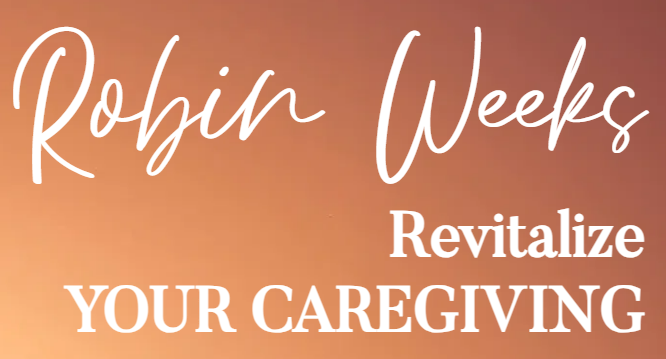Caregiving is something that has forgiving built into it. We forgive the needs of illness or old age frailty that we are seeing everyday, we forgive the lack of appreciation we get for all of our caring, we forgive the poor food at the care residence, the many rules we are faced with everyday and so much more. We even forgive ourselves for giving up so much of our lives to caregiving.
Some of the many things we don’t forgive are the siblings who don’t seem to help or show up, the healthcare system that seems to block us at every turn, the friends who don’t understand what this is like and abandon us. We don’t forgive ourselves for making a mistake or feeling as if we aren’t doing enough, or snapping at our loved one when we are tired.
The unfortunate thing is that many caregivers carry around a lot of grudges holding them back from forgiveness. Those grudges become resentment, regret and sometimes anger. I carried around a big grudge towards my younger siblings for what I saw as being unavailable emotionally, physically and supportively while caring for our mother for over 6 years. That grudge of resentment caused me to separate from one of my siblings.
Forgiveness does NOT mean you condone any bad behavior of others and you absolutely
do not absolve anyone of their responsibility of hurting you. Forgiveness is a process for YOU to move past the hurt feelings and no longer hold any grudges. It can be a process of letting go of the resentment, anger and hurt feelings so that you can move on.
Contrary to what some might believe, true forgiveness does not lead to resentment or regret. In fact, it’s quite the opposite. Holding onto grudges is what often causes long-term resentment and bitterness. By choosing to forgive, we release ourselves from the cycle of negative emotions and open the door to healing and growth.
It’s important to note that forgiveness is a process, not a one-time event. There may be moments when old feelings resurface, and that’s okay. The key is to consistently choose forgiveness as a path forward.
Embracing Forgiveness in Caregiving
As caregivers, we have the unique opportunity to practice forgiveness daily. Whether it’s forgiving ourselves for not being perfect, forgiving a loved one for their challenging behavior, or forgiving family members who may not be as involved as we’d like, each act of forgiveness is a step towards a more peaceful and fulfilling caregiving experience.
Here are some questions to ask yourself (these are from my booklet “21 Days To Break The Cycle of Unresolved Pain That Is Stealing Your Joy” It is in the webstore https://mypivotalpoint.com/caregivingconsulting/store/ ):
Is there anyone in ANY area of my life_business, personal, family-past or present, who I feel like I have “unfinished business” with?
Is there any situation I replay in my mind over and over that makes me feel bad, sad, angry or resentful? If so, what situation is that and who is involved?
Is it possible I might need to forgive that person or situation in order to stop replaying it in my mind?
How to Practice Forgiveness
- Start with Self-Forgiveness: As caregivers, we often hold ourselves to impossibly high standards. Remember that you’re human, and it’s okay to make mistakes. Practicing self-compassion is crucial in the caregiving journey.
- Acknowledge Your Feelings: Recognize and validate your emotions. It’s normal to feel angry or resentful at times. Accepting these feelings is the first step towards letting them go.
- Shift Your Perspective: Try to understand the situation from different angles. Often, people’s actions are influenced by factors we may not be aware of.
- Practice Empathy: Cultivate understanding towards yourself and others. Recognize that everyone is doing their best in challenging circumstances.
- Focus on the Present: Instead of dwelling on past grievances, direct your energy towards creating positive experiences in the present moment.
As for my siblings. I came to realize that what I was doing in caring for our mother was not something they were capable of doing. It was hard for them to feel useful as they lived far away. Learning to accept what they were able to offer allowed me to forgive and let go of the resentment. It was also empowering for me to call them out on comments that were not supportive and to ask for what I needed.
Forgiving is an act of compassion and it releases you from harboring negative energies when you need all the good energy you can find.

